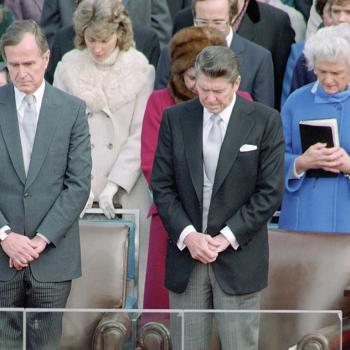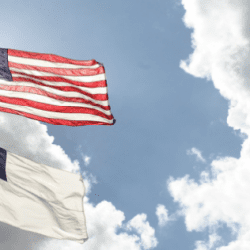My latest post for The Federalist Papers reflects on the meaning of the Fourth Amendment, which protects citizens against “unreasonable searches and seizures,” and requires that warrants be justified by “probable cause.” What was the historical context of the Fourth Amendment, and why were the Founders so concerned about what they called “general warrants”? More urgently, what can the background to the Fourth Amendment tell us about the NSA controversy?
From the article: Fears about the pervasive reach of our intelligence services soared to unprecedented levels with the recent revelations about the National Security Agency’s massive data collection program, which gobbles up citizens’ phone and internet records in hopes of finding terrorists. In spite of earlier direct denials by officials such as the Director of National Intelligence, James Clapper, we now know that intelligence agents have warrantless access to the personal information of hundreds of millions of Americans.
How much did the Founding Fathers worry about what they called “general warrants,” or broad-based searches not prompted by reasonable evidence of criminal activity? Admittedly, the framers of the Constitution and the Bill of Rights could never have fathomed the technological advances behind cell phones and the internet that have presented the opportunity for such massive technological snooping. Nor could they have envisioned terrorists’ capabilities of wreaking massive death and destruction with weapons ranging from airplanes to nuclear bombs. Even so, the fear of the arbitrary use of searches, seizures, and arrests, was ever-present among America’s Founders.
Read the rest here, at The Federalist Papers.
See also John Fund, “Watching the NSA Watchers,” at National Review.
@ThomasSKidd on Twitter










